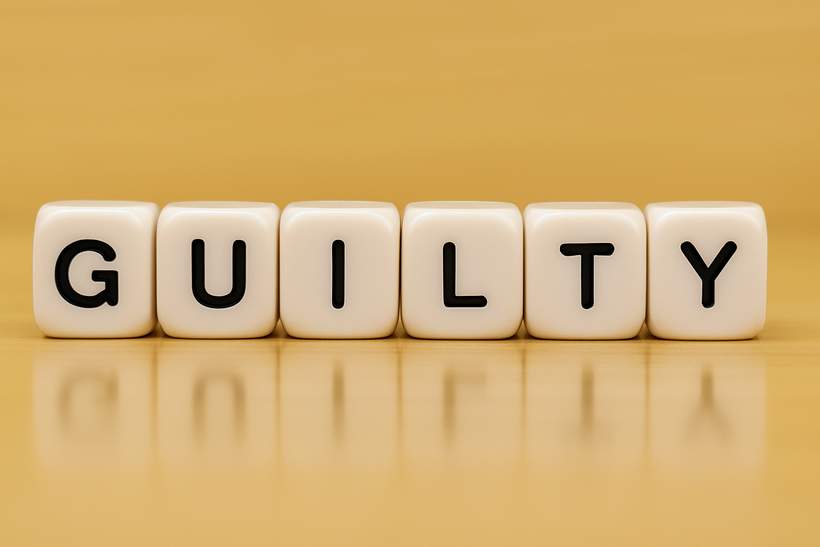Former A-League Star Ulises Dávila Admits to Involvement in Match-Fixing Scheme

Ulises Dávila’s Admission in Match-Fixing Scandal
Ulises Dávila, aged 34, who once captained Macarthur FC and earned the title of A-League Men Player of the Year in 2021, has confessed in an Australian court to participating in a lucrative match-fixing operation. Dávila is a former Mexico youth international soccer player.
Details of the Yellow Card Fixing Scheme
Dávila was accused of orchestrating a plan alongside two of his Macarthur FC teammates to deliberately receive yellow cards during matches, thereby manipulating betting results. These incidents were connected to six games in Australia’s premier soccer league across the 2023 and 2024 seasons.
The former team captain admitted to actions aimed at corrupting the outcome of betting events. As part of a legal agreement, eight other charges, including leadership of a criminal group, were dropped by prosecutors at Sydney’s Downing Centre Local Court.
Events Leading to the Guilty Plea
In a match against Sydney FC on December 9, 2023, Dávila, along with teammates Clayton Lewis and Kearyn Baccus, each received yellow cards for specific fouls. Dávila was booked for time-wasting, Lewis for pushing an opponent, and Baccus for a reckless tackle.
Statements from Lewis and Baccus revealed that bets had been placed on Macarthur receiving four or more yellow cards in that match. The total gambling earnings from these bets exceeded AUD 200,000, roughly $132,000. It is reported that Dávila compensated Lewis and Baccus with AUD 10,000 each for their roles in the scheme.
Legal Actions and Club Response
Lewis and Baccus were given good-behavior bonds and avoided formal convictions, with the court describing their involvement as minimal. Both players admitted to acting under Dávila’s influence, identifying him as the scheme’s main organizer. All three were suspended and subsequently had their contracts terminated by Macarthur FC.
In response to this scandal, Macarthur FC issued a firm statement criticizing the shortcomings in Australian soccer’s integrity safeguards. The club pointed out that current measures are inadequate in protecting teams and lack the ability to effectively address widespread corruption issues. They demanded immediate and thorough reforms to integrity protocols to preserve the sport’s integrity moving forward.